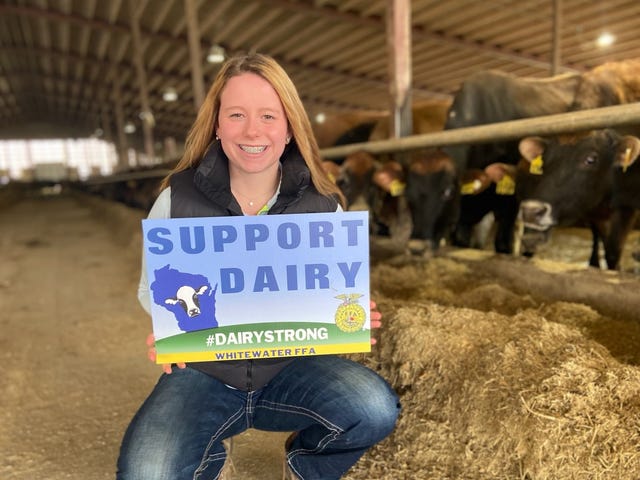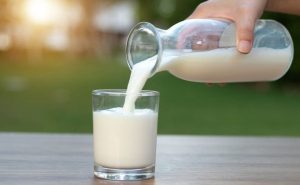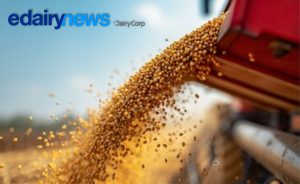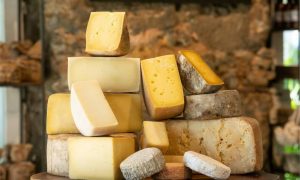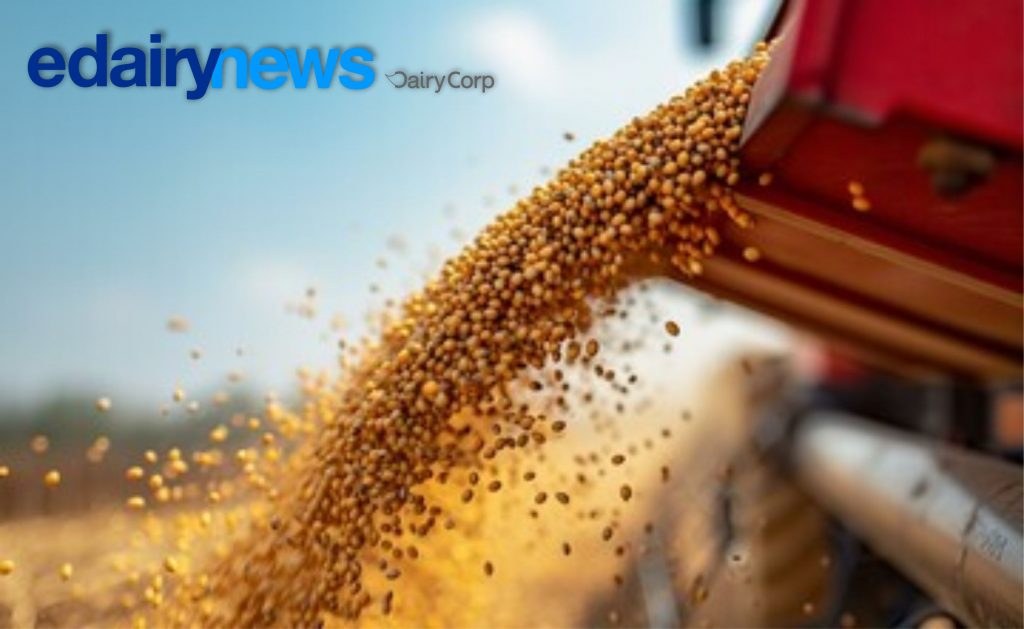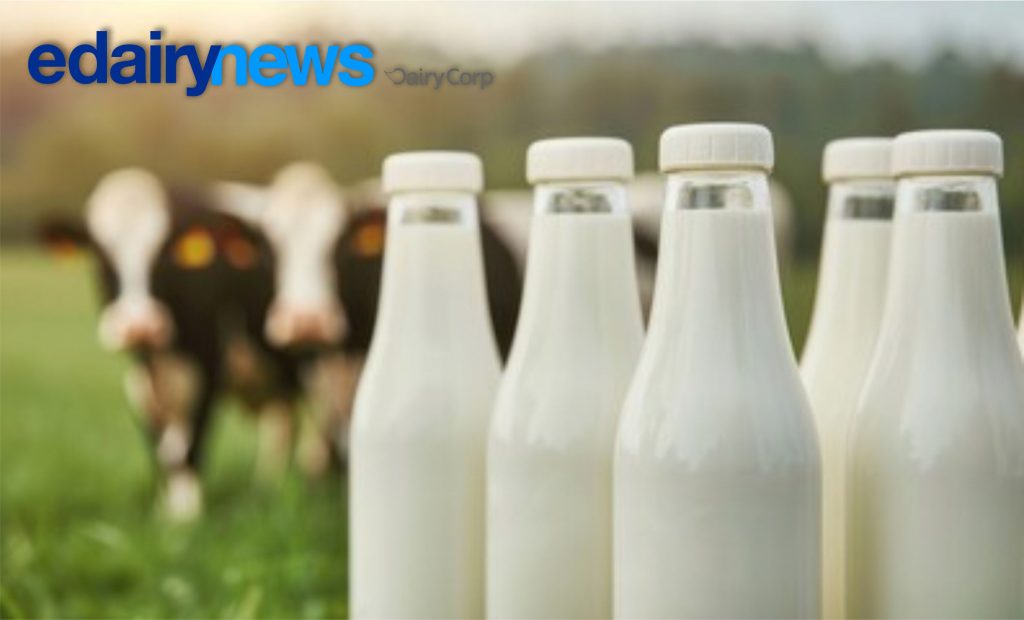But all of this is in danger of being lost forever. Family farmers have been enduring an economic pandemic for decades. Poor prices and lack of markets have had us measuring dairy losses in farms per day long before COVID-19 was in the news. The get-big-or-get-out perspective is ushering in a system in which remaining farmers are losing their independence in ways that are encouraged by agribusiness, ignored by our political system and lost to the American public. Already, pork and poultry farmers raise animals they do not own in ways determined by multinational corporations. I worry the dairy stage is being set for business models in which we have plenty of milk but no independent family farmers.
Each of the farm families that, through no fault of their own, is pushed aside by the corporate bulldozer has a tragic story to tell. I remember one, in particular, that finally gave up long after the economy left them with no other choice. When the truck came to take the cows, the family was heartbroken by the way the frightened and confused cows, those beautiful animals that had provided the family with an honest living, were being prodded and forced onto the truck. Finally, the farmer couldn’t take it anymore and insisted he be allowed to load the cows in a gentler and more respectful way. As he led them up onto the truck, he wept. When will we come to our senses?
Unlike giant, investor-owned operations that buy direct from remote Big Ag sources, each family farm supports local implement dealers, animal sales, truckers, veterinarians, seed sales, grain elevators, fuel and oil dealers, insurance companies, equipment repair shops, building maintenance operations and farm suppliers of all types. I recently did a rough spending survey of four family dairy farmers. Together, they invested more than $2 million into our local economy. One already has gone out of business. That alone meant our local economy was reduced by the roughly $265,000 the family invested annually. Multiply this loss by the several thousand dairies we lose every year, and the scope of the economic hit to rural America starts to sink in.
We also compromise our food security as Big Ag pushes a business model best described as putting all our eggs in one basket. Family farms I work with are scattered across the countryside. Each herd and each family works at what we now call a (generous) social distance from each other. Compare this to some of the largest farms I have seen. More cows are on one site than I see on dozens of family dairies combined. More animals and more workers confined in such cramped quarters multiply our chances of diseases spreading unchecked among both cows and those who care for them. We are seeing the awful consequences of this as livestock processors are shut down by COVID-19 infecting workers.
More animals on fewer farms means more manure in one place. When spills and other accidents happen on very large farms, the environmental consequences are widespread and severe. Admittedly, smaller farms can have manure spills. But damage of these spills is more confined and not to broad watersheds.
We must begin by recognizing past policies have not been up to the job of saving the family dairy farm. Family farmers need a level playing field in the market and a government that does more than give them lip service while promoting larger and larger farms. If giant corporate / investor-owned factory farms continue to go unchecked, both rural and urban Americans will lose a unique and vitally important human and natural resource. Our leaders can no longer afford to ignore the family farm. They must act before it’s too late.
Michael Mackey is dairy field operations director for National Farmers. National Farmers is a member organization that markets milk, livestock and crops for thousands of American farmers.

